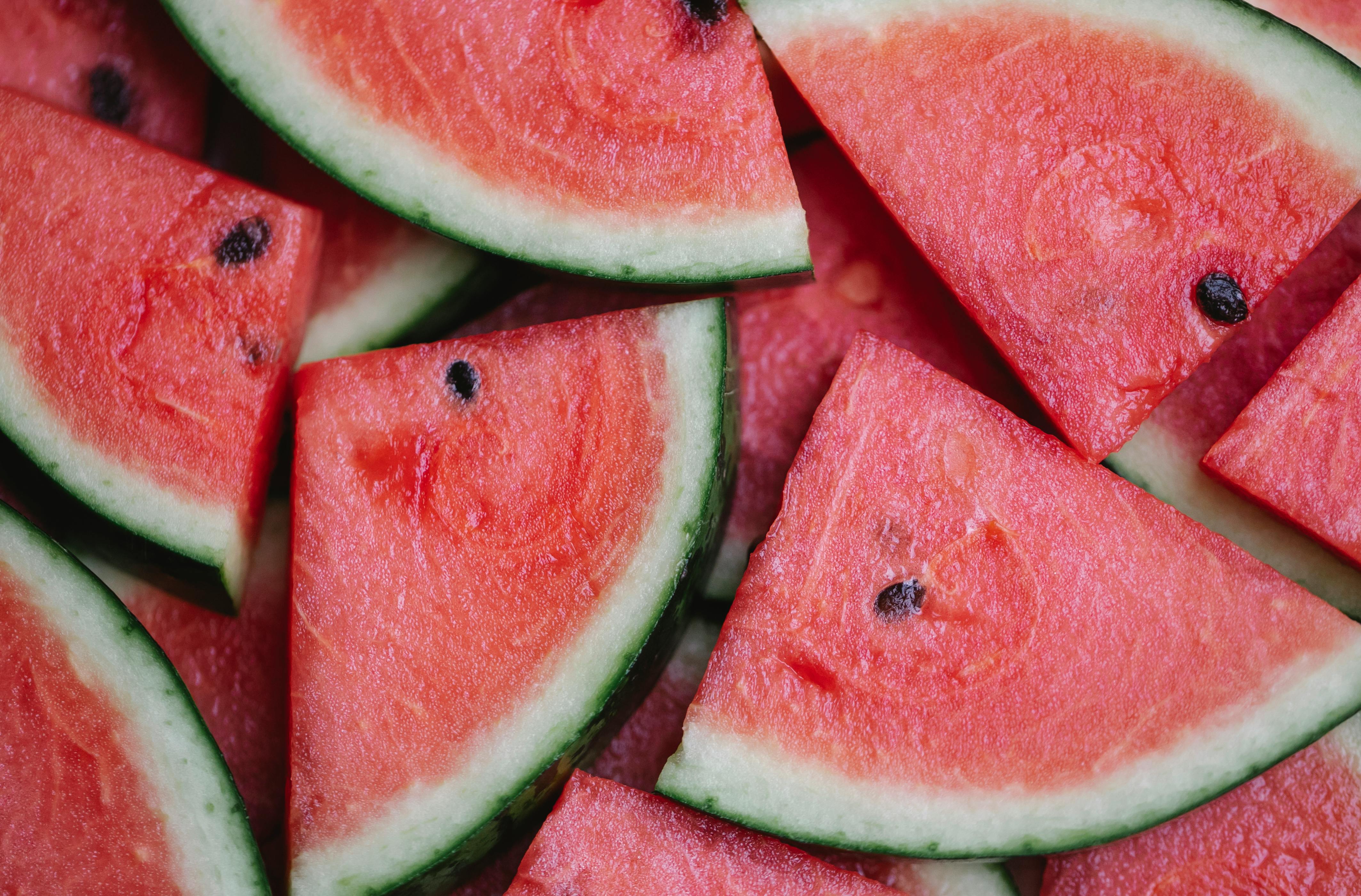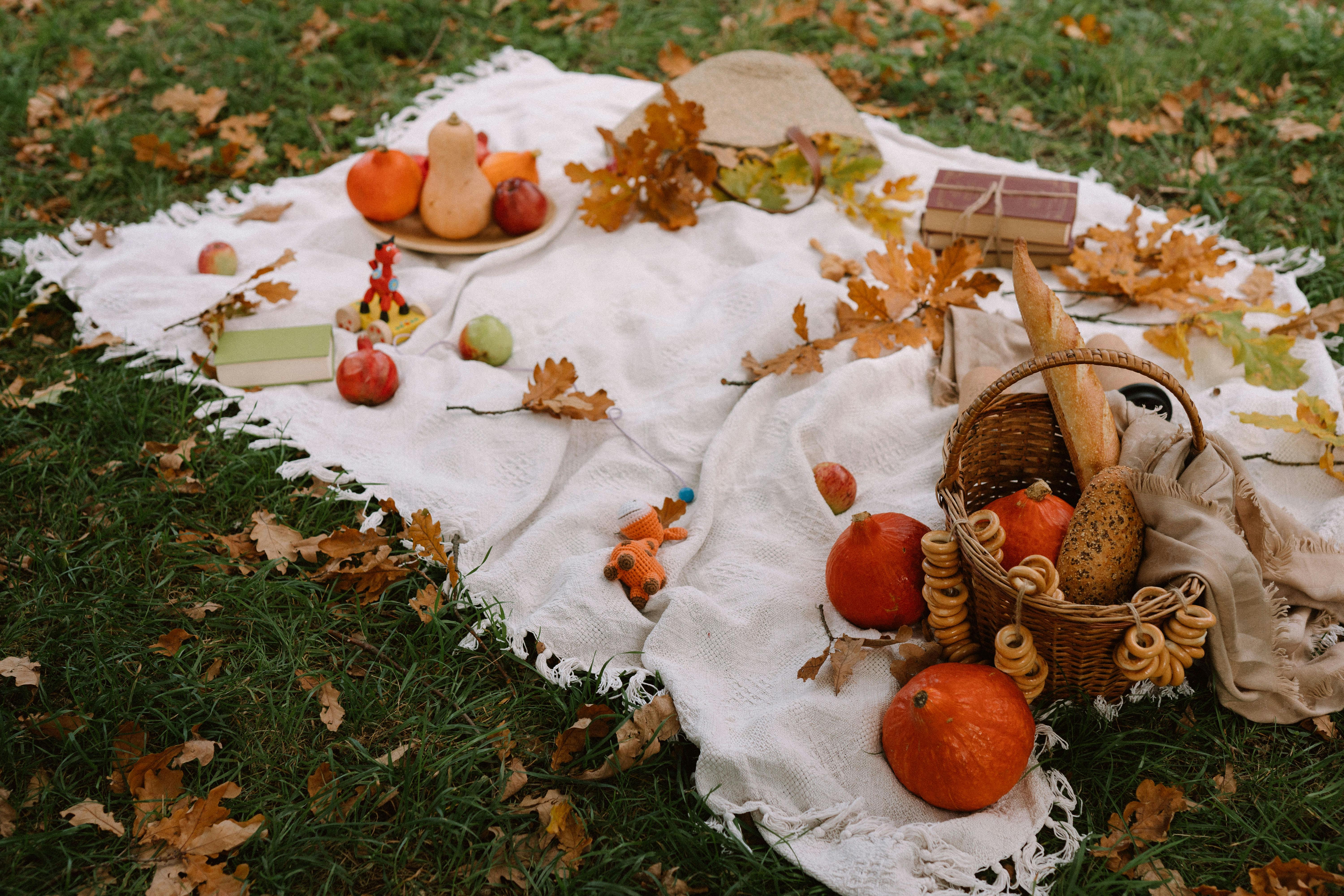Lychee is a tropical fruit native to south China, and is now grown in many parts of the world. It is highly sought after for its sweet flavor and unique texture. But when is lychee fruit in season? The answer depends on where you live, but generally lychee season runs from May to July in the northern hemisphere, and November to February in the southern hemisphere.Lychee fruit is in season from May to August.
Where to Find Lychee Fruits in Season?
Lychee fruits are seasonal fruits that are available mostly during the summer months. The best places to find lychees in season is at local farmers markets, in specialty grocery stores or even online.
Farmers markets are great places to find fresh and locally grown lychees. Many farmers will have their own orchards of lychee trees and will offer the freshest lychees available. You can also purchase other locally grown fruits and vegetables while you’re there, making it a great one-stop shop for all your produce needs.
Specialty grocery stores may carry lychees for a limited time during the summer months when they’re in season. Check your local store regularly to see if they have fresh shipments in stock. It’s important to buy them as soon as you can because they don’t last long once picked off the tree!
Finally, you can purchase lychees online from a variety of retailers or even directly from farmers. This is a great option if your local store doesn’t carry them or if you want to buy them from a more distant source. Just make sure you double check with the seller that the lychees are fresh and in season before purchasing them!
Overall, there are many places where you can find delicious and fresh lychee fruits during their peak season. Whether you prefer buying them at your local farmers market or online, there are plenty of options for finding this tasty treat!
Nutritional Benefits of Eating Lychee Fruits
Lychee fruits are full of essential vitamins and minerals. They are an excellent source of vitamin C, containing more than 100% of the Recommended Dietary Allowance (RDA). They also contain folate, thiamin, riboflavin, niacin, vitamin B-6, pantothenic acid, magnesium, phosphorus, potassium and copper. Lychees also have a high antioxidant content which helps protect against oxidative damage and inflammation.
Digestive Benefits of Eating Lychee Fruits
Lychees are rich in dietary fiber which supports optimal digestion as well as regularity. The fiber content helps to reduce constipation and can help reduce the risk of colon cancer. In addition to this, lychees contain pectin which is a type of soluble fiber that can help lower cholesterol levels.
Boosts Immune System
The high levels of vitamin C found in lychees can help to boost the immune system and protect against illnesses such as colds and flu. Vitamin C is also essential for collagen production which helps keep skin looking young and healthy.
Weight Loss Benefits
Lychees are low in calories but high in dietary fiber which makes them an ideal snack for those looking to lose weight. The fiber content helps you feel fuller for longer so you don’t feel the need to reach for unhealthy snacks between meals. Lychee fruits also contain compounds called polyphenols which may help to reduce body fat by inhibiting the absorption of fat in the gut.
Storing Lychee Fruits
Lychee fruits are a sweet and delicious treat that can be enjoyed fresh or used as part of a number of recipes. To ensure that you have the best possible lychee fruits, storing them properly is essential. Here are some tips to help you store lychee fruits for maximum freshness:
The first step is to make sure the lychees are ripe. If they are not ripe, they cannot be stored properly and will spoil quickly. To check if the lychees are ripe, gently press on one with your finger – it should give slightly but still feel firm. Unripe lychees should be eaten right away or stored in the refrigerator for up to a week.
Once you have determined that the lychees are ripe, they can be stored in a cool, dry place for up to two weeks. An airtight container such as a plastic bag or container will help keep them fresh for longer. Do not store them in direct sunlight or near any heat sources as this can cause them to spoil quickly.
If you need to store lychees for longer than two weeks, freezing is an option. To freeze lychees, wash and dry them thoroughly before placing them in an airtight container or freezer bag. When ready to use frozen lychees, thaw them overnight in the refrigerator before using.
By following these tips, you can ensure that your lychees stay fresh and delicious for as long as possible!
Nutritional Value of Lychee Fruits
Lychee fruits are an excellent source of nutrition and provide a variety of essential vitamins and minerals. They are low in calories, but high in nutrients such as Vitamin C, folate, potassium, and copper. Lychees contain antioxidants that can help protect against oxidative damage. They also contain several phytochemicals, which may have beneficial effects on health.
In terms of nutritional value, lychees are a good source of carbohydrates, protein, dietary fiber, and healthy fats. A single cup of lychee fruit contains approximately 114 calories, 1 gram of fat, 2 grams of protein, 28 grams of carbohydrates, 4 grams of fiber, and 6 grams of sugar. A single cup also contains 30% of the daily value for Vitamin C and 8% for potassium.
Lychees are also a good source of B-vitamins including thiamin (B1), riboflavin (B2), niacin (B3), and folate (B9). These vitamins are essential for many processes in the body including energy metabolism and blood cell formation. They can also help support healthy skin and vision as well as cognitive function.
Overall, lychee fruits provide a variety of essential vitamins and minerals that can promote good health. They are low in calories but high in nutrients such as Vitamin C, folate, potassium, copper, antioxidants, phytochemicals and B-vitamins which can all help to support various body functions.

How to Tell When a Lychee Fruit is Ripe?
Ripe lychees are sweet, juicy and have an unmistakable floral aroma. To ensure you’re picking the best fruit, there are a few signs to look out for to tell when a lychee is ready to be picked and eaten. The skin of a ripe lychee will be firm and should give slightly when gently pressed. The skin should also have turned from green to red or brown in color. If you can find one that has started to pull away from the branch, that’s a good sign it’s ripe. Another sign of ripeness is the presence of small bumps on the skin. As they mature, bumps will appear all over the skin of a lychee as it ripens – these are actually natural oils that are produced as they become sweeter and juicier inside.
Ripe lychees can also be identified by their aroma – their sweet, floral smell will become more potent as they ripen and will be easy to detect as soon as you open their husk or peel off their skin. If the smell isn’t present yet, then your lychee is likely not quite ripe yet! Finally, if you can find one that has opened up slightly at the stem end, then that’s another indication that it’s ripe and ready for eating. So if you’re looking for a delicious snack or want to add some sweetness to your recipes, look out for these signs when picking your perfect lychee!
Different Varieties of Lychee Fruits Available
Lychee is a tropical fruit native to Southern China, Thailand, Vietnam and other parts of Southeast Asia. It has a sweet and unique taste that makes it popular among many people. Lychee fruits come in a variety of shapes, sizes and colors, ranging from green to red and yellow. The most common varieties are the Taiwan lychee, the Thai lychee and the Chinese lychee.
The Taiwan lychee is one of the most popular varieties, as it is known for its sweet flavor and crisp texture. It has a pinkish-red skin with white flesh inside. This variety is usually harvested during late summer or early fall in Taiwan.
The Thai lychee is slightly smaller than the Taiwan variety but still has a sweet flavor and juicy texture. It has a yellow-green skin with white flesh inside. This variety is usually harvested in late spring or early summer in Thailand.
The Chinese lychee is larger than the other varieties and has a strong aroma that can be detected even when the fruit is unripe. It has a reddish-brown skin with white flesh inside. This variety is usually harvested in late spring or early summer in China.
In addition to these three main varieties, there are also several other types of lychees available such as Hong Kong Red Lychees, Japanese Black Lyches, Philippine Longan Fruits and more. Each type has its own unique flavor and texture making them popular among many people around the world.
How to Prepare Lychee Fruits
Preparing lychees is a simple process that involves peeling off the skin and removing the pit. Before beginning, make sure to wash the fruit thoroughly to remove any dirt or bacteria. To peel, use a paring knife or vegetable peeler to carefully remove the skin. Lychees are then usually cut in half and the pit is removed. For easier removal, use a spoon or your fingers to gently scoop out the pit from the center of each lychee half. Once prepared, you can enjoy lychees fresh or incorporate them into recipes.
How to Cook with Lychee Fruits
Lychees are incredibly versatile fruits that can be used in a variety of recipes. They can be added to salads for an extra burst of sweetness and flavor, or used as a topping on desserts such as ice cream or cakes. They can also be cooked down into jams and jellies, blended into smoothies, or added to stir-fries for a unique twist on traditional Chinese cuisine. Lychees can also be used in savory dishes like curries and soups for an added touch of sweetness that helps balance out other spices and flavors.

Conclusion
Lychee fruit is an incredibly delicious and luscious fruit that has been enjoyed for centuries. It is available in many parts of the world, and it is in season from May to August in most regions. While lychee can be found all year round if you buy imported fruit, buying locally grown during the season will result in a fresher and more flavorful experience. When choosing lychee, look for even-colored skin with no bruising or cuts. If you find a good quality supply of lychees, take advantage of the season to enjoy this delightful fruit!
Lychee is not only delicious but also packed with nutrients that are beneficial for your health. Eating lychees can help boost your immunity, reduce inflammation, improve digestion, and even protect against some types of cancer. It’s a great way to get in extra vitamins and minerals while also satisfying your sweet tooth. So next time you’re wondering when is lychee fruit in season, remember that it’s the perfect time to get your hands on this amazing superfood!



